All Stories
-
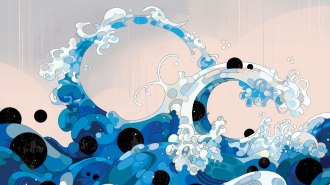 Climate
ClimateWill stashing more CO2 in the ocean help slow climate change?
Research is needed on how ocean carbon removal methods — such as iron fertilization and direct capture — could impact the environment.
-
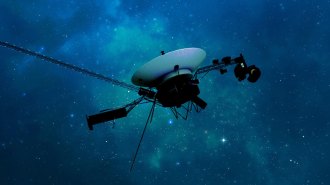 Space
Space‘Humanity’s spacecraft’ Voyager 1 is back online and still exploring
After five months of glitching, the venerable space probe contacted Earth and is continuing its interstellar mission billions of kilometers away.
By Ramin Skibba -
 Health & Medicine
Health & MedicineIrregular bone marrow cells may increase heart disease risk
Over time, bone marrow stem cells develop key genetic errors and pass them on to immune cells. This may increase the risk of developing heart disease.
-
 Health & Medicine
Health & MedicineTraces of bird flu are showing up in cow milk. Here’s what to know
We asked the experts: Should people be worried? Pasteurization and the H5N1 virus’s route to infection suggests risks to people remains low.
-
 Health & Medicine
Health & MedicineMalaria parasites can evade rapid tests, threatening eradication goals
Genetic mutations are making Plasmodium falciparum, parasites that cause malaria, invisible to rapid tests. New, more sensitive tests could help.
-
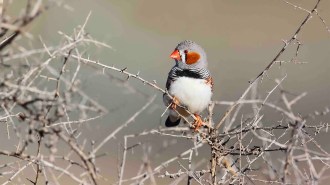 Ecosystems
EcosystemsNoise pollution can harm birds even before they hatch
Exposing zebra finch eggs and hatchlings to traffic sounds had lifelong health impacts, raising concerns about increased anthropogenic noise.
-
 Neuroscience
NeuroscienceRat cells grew in mice brains, and helped sniff out cookies
When implanted into mouse embryos, stem cells from rats grew into forebrains and structures that handle smells.
-
 Physics
PhysicsNewfound ‘altermagnets’ shatter the magnetic status quo
The newly discovered type of magnetic material could improve existing tech, including making better and faster hard drives.
-
 Health & Medicine
Health & MedicinePelvic exams at hospitals require written consent, new U.S. guidelines say
Hospitals must now get written consent to perform pelvic, breast, prostate and rectal exams on sedated patients or risk losing federal funding.
By Meghan Rosen -
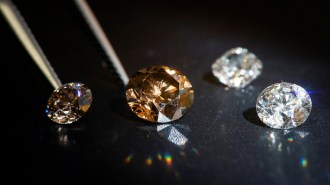 Chemistry
ChemistryA new method of making diamonds doesn’t require extreme pressure
Lab-grown diamonds can form at atmospheric pressure in a liquid of gallium, iron, nickel and silicon.
-
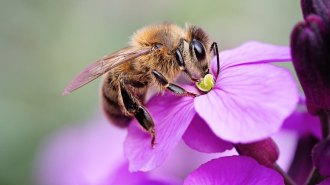 Life
LifeA vaccine for bees has an unexpected effect
Honeybees vaccinated against a bacterial disease were also protected from a viral disease.
-
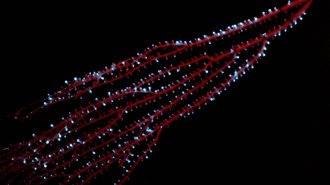 Animals
AnimalsGlowing octocorals have been around for at least 540 million years
Genetic and fossil analyses shine a light on how long the invertebrates have had bioluminescence — a trait thought to be volatile.
By Jake Buehler